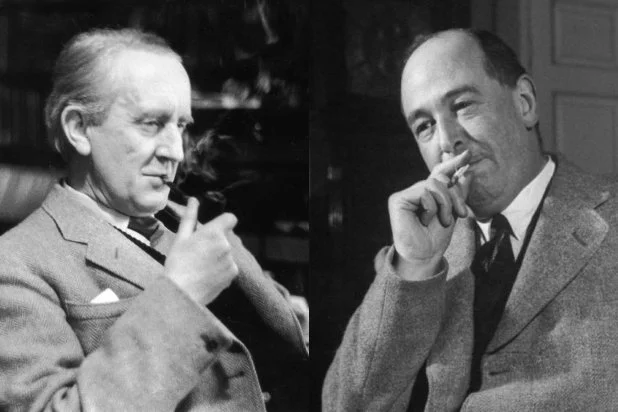
Freedom & Confidence: Why Worry?
February 11, 2016
Protect, Not Prohibit
February 25, 2016 We would start each day at the temple, at Solomon’s Porch, and most days we would end at someone’s house, enjoying a common meal together. We did this by breaking our large morning group into smaller “home groups.” We typically let the people decide who would gather with whom. I think we figured the less we got in the way, and the more we let the Spirit guide and direct us, even in such details as who gathered with whom, the better off we were.
We would start each day at the temple, at Solomon’s Porch, and most days we would end at someone’s house, enjoying a common meal together. We did this by breaking our large morning group into smaller “home groups.” We typically let the people decide who would gather with whom. I think we figured the less we got in the way, and the more we let the Spirit guide and direct us, even in such details as who gathered with whom, the better off we were.
The old Peter would have probably insisted on organizing the groups according to my superior knowledge. I would have tried to pair people up according to whom I thought fit the best, or who was most likely to get along – or some other purely human rationale.
But how could I know what the Spirit wanted to accomplish in individual lives? How could I know how the Spirit would speak to, or speak through someone, who would then speak into someone else’s heart? So we let the Spirit take the lead. This is part of learning to live with the power of the Holy Spirit.
We let the Holy Spirit take the lead. And when we do, he does. And he always – and I mean always – does it the right way. When I take the lead, maybe it turns out right, but there is certainly no guarantee. And how many times when I insisted on taking the lead did problems arise, or even some degree of disaster?
Don’t ask.
During our time together in the mornings, two or three apostles might speak, and the others would weigh carefully what was said. And if a revelation came to someone who was sitting down, the first speaker would stop. We all prophesied in turn so that everyone could be instructed and encouraged.
Remember, prophesizing is not always about the future: it means to speak the word of God. This could be about the here and now, or about the future. Or, as we see so often in our Hebrew scriptures, both.
We were comfortable opening up the time to any Believer who wanted to share their heart. For God is not a God of disorder, but of peace. It took time for the new Believers to open up, but because we were intent on developing a fellowship of family, not a fixed, formal meeting, we encouraged anyone who felt the Lord speaking to them to share this with the group.
In the evenings when we gathered at individual houses we typically sang a song or two, and then listened to stories from the group. Stories of how the Spirit was working in their lives. I loved these times. It was so encouraging to see the Lord moving in such a mighty way.
We would hear about a man who had been a very angry, bitter husband, treating his wife and children poorly, or practically as his own property. But then, after he had heard about Jesus, and the Holy Spirit had captured him, everything would change. During these stories I would often see the children tearing up as their father talked about how Jesus had saved him, and his family, from himself, and his lost, blind ways. I would see his wife nodding quietly, her eyes filled with a new love.
Grown men would cry like babies as they got down on their knees and surrendered their lives to Jesus. We had women, many who had led lives of prostitution and sin, turning from their former lifestyles and joining our way. We would hear about families being reunited, divorces being stopped. Change. Transformation. A new life! What a joy those evenings were.
No one judged the other. We knew we were all sinners, saved by the same loving grace. My wife Ruth’s sins may not have been as obvious as the prostitutes, but she knew her heart was just as sinful. I knew I was no better than anyone else, and so did John, Matthew and all the other apostles.
This is the way the community of Believers should always be: full of compassion and grace, void of judgment and condemnation. Relaxed and informal, not rigid and fixed. And transparent. Transparency is all important for a community of Believers. When everyone feels free to be transparent several things happen.
We learn that we are not alone in our problems. We learn others are struggling with the same issues we are. We learn others are struggling with the same sins we are. Most importantly, we see we are all sinners: lost, blind, fragile and insecure, and in desperate need of Jesus. And if everyone is transparent, there is little judgment of others. Why would there be?
After all these years, watching our fledgling church grow across the world, I fear we will lose this informal community of grace and compassion, as we continue to grow. I fear if we do not continue to emphasize Jesus, and his Way, if we are not transparent, we will someday be just like the former temple, with her fixed and formal Sanhedrin – stiff, prideful, and afraid to show, or share, our mutual weaknesses.
If this happens, if the church becomes an organization, with buildings and programs, we will surely lose this life that is truly life.



